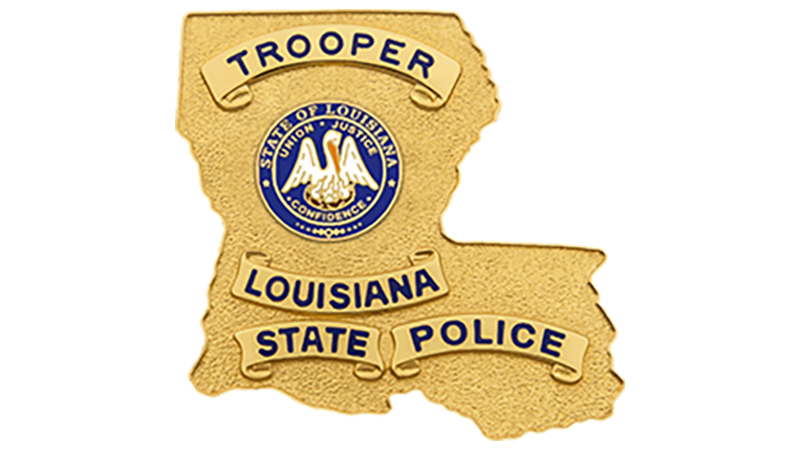WSJ English students share their writings during ‘coffeehouse’ event
Published 12:00 am Wednesday, May 19, 2010
By David Vitrano
L’Observateur
(Second of two parts)
EDGARD – The same home economics classroom where West St. John High School students had given business pitches earlier in the day had, by evening, transformed into a dimly lit coffeehouse for the Thursday’s second round of projects. The students, many of them still in the attire that had carried them through their earlier endeavors, each took the podium to share with a group of teachers, parents and friends, original writings they had crafted throughout the semester as part of Bethany Potts English classes.
All based loosely around the idea of storytelling and what propels one to write, the two dozen or so students shared poems, memoirs and a little bit of themselves.
Potts said the students have held the coffeehouse exercise every Friday since January, but this was the first time they got to share their work with a wider audience.
“They were, of course, very nervous, but I think it was very exciting for them,” she said.
Trevor Smith, who shared a memoir called “The MC in Me,” was clearly happy to find an outlet to present some of his innermost thoughts with his classmates and other community members.
“I’ve been writing like this ever since I was 12,” he said.
Lawrence Williams, who served as co-emcee for the evening, also enjoyed the chance to show everyone what he was made of.
“Nobody else wanted to step up and use their voice, so I wanted to use mine,” he said.
All told, each student’s face welled with a mixture of joy and relief upon hearing the applause of the audience following each piece.
The two sets of projects — the first entrepreneurship presentations — are part of the project-based-learning initiative, which was introduced by teacher James Kline about a year-and-a-half ago.
Project based learning uses hands-on projects rather than rote memorization to further children’s education. It offers many advantages over more traditional forms of instruction.
Because students can often pick their own topic of investigation, they are intrinsically more interested in the subject matter.
Furthermore, students are free to employ whatever tools they are most comfortable with. For most this means computers, cell phones and iPods. In fact, for the entrepreneurship presentations, each group played for the judges podcasts advertising their businesses.
Lastly, by working in groups and making public presentations, students are able to build real-world skills such as compromise, cooperation and public speaking.
Kline said about 75 percent of the teachers at the school currently employ project based learning in one form or another.
“They’ve experienced great success with it,” he said.
He said part of his job next year will be expanding the initiative so all teachers will employ the tactic in the future.
Potts, who used the format for the first time this semester, said she enjoyed using the larger-picture method fundamental to project based learning.
“It just seems like its such a logical idea,” she said. “This is something they will remember.”
(See related video of students doing their readings on our website, www.lobservateur.com)






